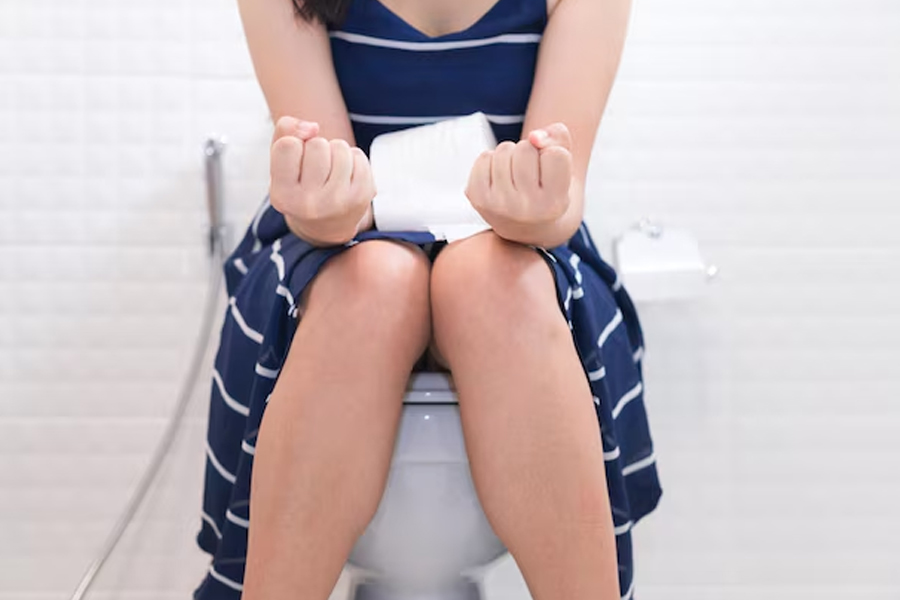We have all been there, feeling the urge to pee but choosing to hold it in because we are caught up in work, stuck in traffic, or simply too far from a bathroom. While occasionally delaying urination isn’t a big deal, making it a habit could harm your health.
To understand what happens when you hold your pee for too long, we spoke to Dr Arif Akhtar, Senior Consultant, Urology & Renal Transplant, Marengo Asia Hospitals, Gurugram.
What Happens to Your Body When You Hold Your Pee?
Holding in urine for long stretches is harmless, especially during meetings or while travelling. However, over time, it can put stress on your urinary system. Dr Akhtar explains, “When you suppress the urge to urinate, your bladder stretches more than it’s meant to. Repeatedly doing this can weaken the detrusor muscles, those responsible for pushing urine out, leading to a condition called Underactive Bladder Syndrome (UAB).”

A 2024 study in Nature Communications supports this, noting that an overstretched bladder becomes less sensitive and less effective.
That’s not the only concern. Research published in BMC Infectious Diseases (2022) revealed that women who urinate fewer than twice a day have three times the risk of developing recurrent Urinary Tract Infections (UTIs). Holding in urine increases bladder pressure, which can cause urine to flow backwards toward the kidneys, a condition known as vesicoureteral reflux, potentially resulting in kidney damage or failure.
Long-term consequences of this habit include repeated UTIs, pelvic floor weakening in women, and urinary retention issues in men, particularly those with prostate enlargement.
Dr Akhtar advises maintaining a healthy urinary routine: “Pee every 3 to 4 hours, stay hydrated, exercise regularly, and don’t skip pelvic floor workouts.” Listening to your body’s signals and responding on time is the key to protecting your urinary health.
Don't Miss:What Happens When You Don’t Poop For Days? Health Risks And Warning Signs

How Often Should You Go To The Bathroom?
Sometimes, people avoid using the bathroom simply because they feel they are going too often. While frequent urination can occasionally signal an underlying health issue, experts say there’s no universal rule for how many times a person should pee in a day.
“Someone who drinks a gallon of water daily will naturally urinate more often, simply because their body is producing more urine,” explains Dr Akhtar. So instead of focusing on a set number, it’s better to tune into your body’s cues.
Don't Miss:6 Early Signs Of A Silent Heart Attack That Often Go Unnoticed
Dr Akhtar suggests, “There’s no strict schedule for peeing that fits everyone. The best approach is to go when you feel the urge; your body knows when it’s time.”
Keep reading Herzindagi for more such stories.
Credits: Freepik

Take charge of your wellness journey—download the HerZindagi app for daily updates on fitness, beauty, and a healthy lifestyle!
Comments
All Comments (0)
Join the conversation